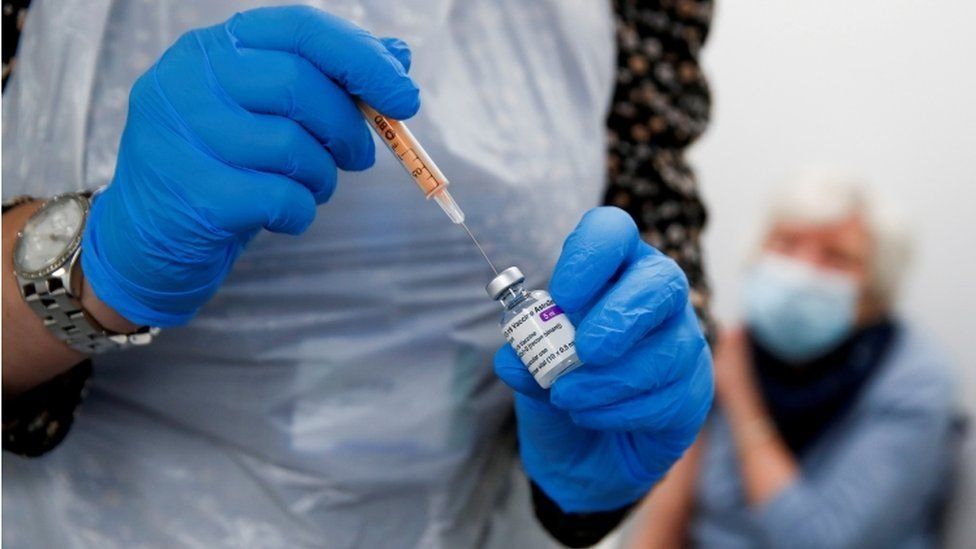
Traveling exposes us to various health risks, including infectious diseases that may not be prevalent in our home country. To mitigate these risks, travel vaccinations have become a common recommendation for globetrotters. But do you really need them? Are travel vaccinations just another way for the pharmaceutical industry to make money, or are they a crucial aspect of responsible travel? In this blog, we will uncover the truth about travel vaccinations and help you make informed decisions for your next adventure.
1. Assessing the Risk
The necessity of travel vaccinations largely depends on your travel destination and itinerary. Before making any decisions, research your destination thoroughly. Some countries may require specific vaccinations as a condition of entry, so it's essential to check the requirements of your chosen destination before booking your trip.
Certain destinations are known for specific diseases. For instance, if you plan to explore the Amazon rainforest, you'll need protection against diseases like yellow fever and malaria. Similarly, traveling to sub-Saharan Africa might necessitate vaccinations against diseases like typhoid and meningitis.
2. Personal Health Considerations
Your personal health history and current health conditions should also influence your decision regarding travel vaccinations. Consult your healthcare provider to assess your individual health needs.
If you have a weakened immune system, allergies to vaccine components, or a history of adverse reactions to vaccines, your healthcare provider might advise against specific vaccinations. On the other hand, if you're pregnant, you might need certain vaccines to protect both you and your baby from potential risks associated with travel.
3. Duration of Travel
The duration of your trip can also impact your vaccination requirements. If you're planning a short visit to a developed country with minimal health risks, your vaccination needs may be different compared to a long-term stay in a remote, disease-prone area. Some vaccinations require multiple doses over a period of time, so plan accordingly.
4. Routine Vaccinations
Before you start worrying about exotic travel vaccinations, ensure that you are up-to-date on your routine vaccinations. Vaccines like measles, mumps, rubella (MMR), diphtheria, tetanus, and pertussis (DTaP), and the annual flu shot are essential for your overall health and can help protect you during your travels.
5. Typhoid and Hepatitis A
Typhoid and hepatitis A are two travel vaccinations that are often recommended, especially for travelers visiting developing countries with poor sanitation and hygiene standards. Both diseases are transmitted through contaminated food and water, making them significant risks for travelers. Typhoid and hepatitis A vaccines can provide protection and peace of mind during your journey.
6. Yellow Fever
Yellow fever is a serious and potentially fatal disease transmitted by infected mosquitoes in certain parts of Africa and South America. Even if it's not a requirement, getting vaccinated against yellow fever is highly advisable if you plan to visit endemic areas. It's essential to do this well in advance of your trip, as the vaccine can take up to 10 days to become effective.
7. Malaria
Malaria is a parasitic disease transmitted by the bite of infected mosquitoes. While there is no malaria vaccine available, travelers to malaria-endemic areas can take preventive measures such as antimalarial medications and using insect repellent and bed nets. Consult your healthcare provider for guidance on malaria prevention strategies based on your destination.
8. Traveler's Diarrhea and Other Health Precautions
In addition to vaccinations, it's crucial to take other health precautions while traveling. Traveler's diarrhea is a common ailment among tourists, and you can reduce your risk by practicing good hand hygiene, avoiding tap water and uncooked foods, and carrying over-the-counter medications for diarrhea.
9. Stay Informed
The world of travel vaccinations is constantly evolving. New vaccines may become available, and the requirements for existing vaccines may change based on disease outbreaks and global health concerns. Stay informed by checking the CDC (Centers for Disease Control and Prevention) and WHO (World Health Organization) websites for the latest travel health advisories and requirements.
10. Consult a Travel Health Specialist
Ultimately, the decision about whether you need travel vaccinations should be made in consultation with a travel health specialist or healthcare provider. They can assess your individual risk factors, destination-specific risks, and vaccination history to provide personalized recommendations.
In conclusion, travel vaccinations are not a one-size-fits-all solution, but they are an essential aspect of responsible travel planning. Your health and well-being during your journey are paramount, and vaccines can play a crucial role in ensuring a safe and enjoyable adventure. Do your research, consult a healthcare provider, and take the necessary precautions to protect yourself from potential health risks while exploring the world. Safe travels!